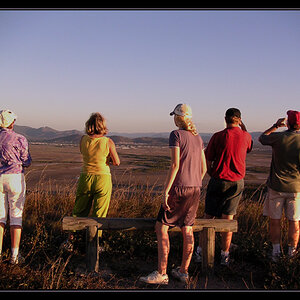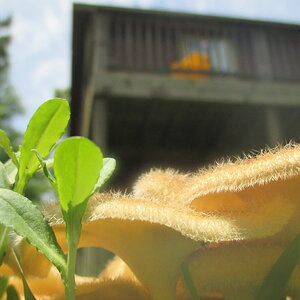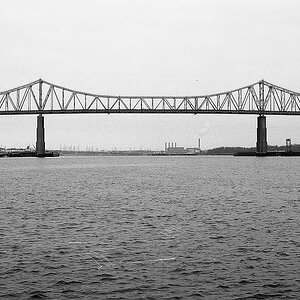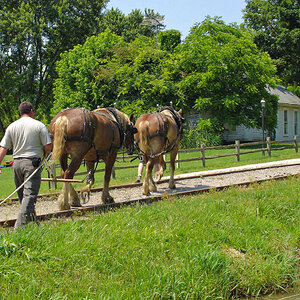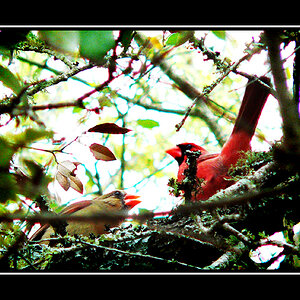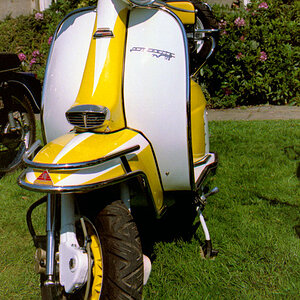MichaelHenson
No longer a newbie, moving up!
- Joined
- Nov 15, 2013
- Messages
- 746
- Reaction score
- 176
- Location
- St. Louis, MO
- Can others edit my Photos
- Photos OK to edit
So, basically what I'm hearing is that I need to practice more... 
I can do that!
I can do that!





